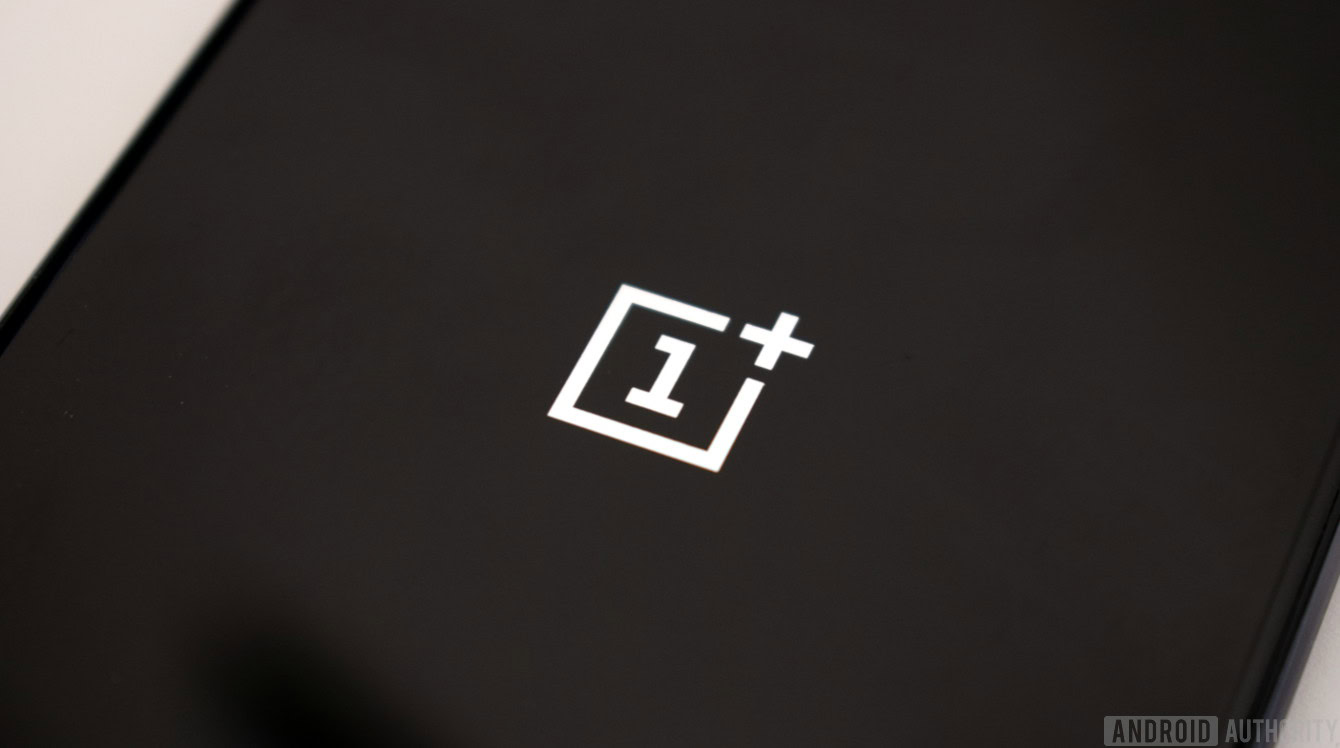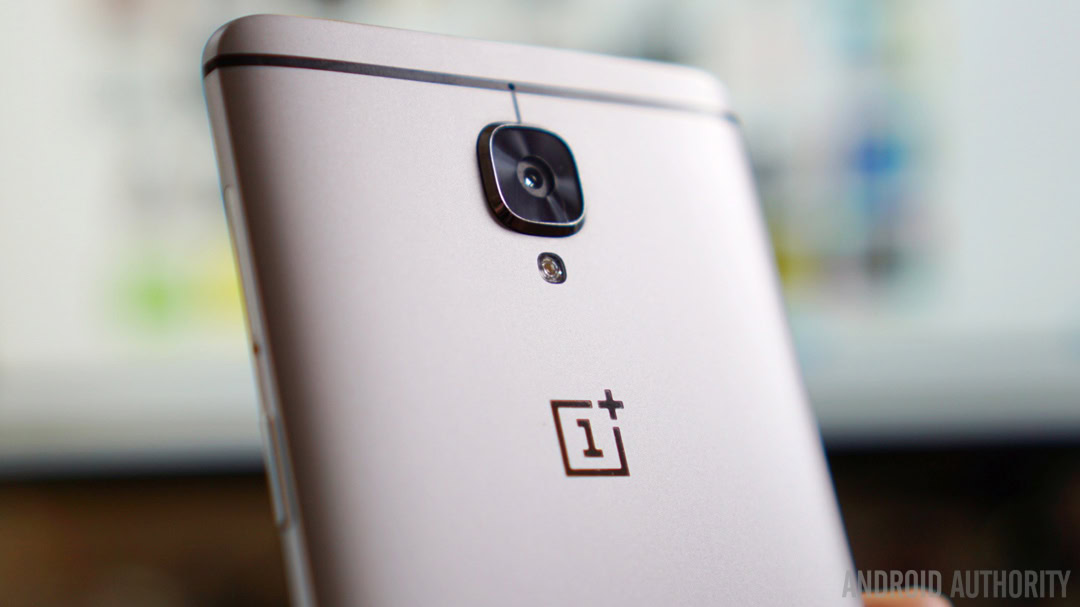Affiliate links on Android Authority may earn us a commission. Learn more.
Following heavy criticism, OnePlus makes changes to its data collection policy
Published onOctober 14, 2017

The setup wizard will now show an option to opt out of the company’s analytics collection, and the company will no longer transmit sensitive information like phone numbers, MAC addresses, and Wi-Fi information.

It was only few days ago that Chris Moore revealed just how extensive and invasive OnePlus’ user analytics collection program was. In his security and tech blog, Moore explained that the Chinese electronics company was gathering and transmitting private data like phone numbers, serial numbers, MAC addresses, mobile network names, Wi-Fi information, and application timestamps – all without permission. When we reached out for comment, the company simply stated that usage activity and device information were collected to provide better after-sales support.
Unsurprisingly, the news sparked public outrage, and now, the company’s co-founder has taken to the official OnePlus forum to address some of the concerns. Specifically, Carl Pei says that there will be some much-needed changes in how the company collects user data in the future:
By the end of October, all OnePlus phones running OxygenOS will have a prompt in the setup wizard that asks users if they want to join our user experience program. The setup wizard will clearly indicate that the program collects usage analytics. In addition, we will include a terms of service agreement that further explains our analytics collection. We would also like to share we will no longer be collecting telephone numbers, MAC Addresses and WiFi information.
Pei emphasizes again that for existing users, usage analytics collection can be turned off by going into Settings – Advanced – Join user experience program. For new users, you will have the option to disable it during the initial setup.
Not to condone the company’s unauthorized collection of personal data, but information like reboot and charging timestamps could be useful for “after-sales support” indeed. However, I can’t help but conclude that the collection of phone numbers, MAC addresses, and Wi-Fi information was, plainly put, gross misconduct on the company’s part. And Pei’s simply stating that the company would stop collecting the said data from now on doesn’t absolve him from his duty owed to consumers to explain why it was necessary in the first place.
Pei’s simply stating that the company would stop collecting the said data from now on doesn’t absolve him from his duty owed to consumers to explain why it was necessary in the first place.